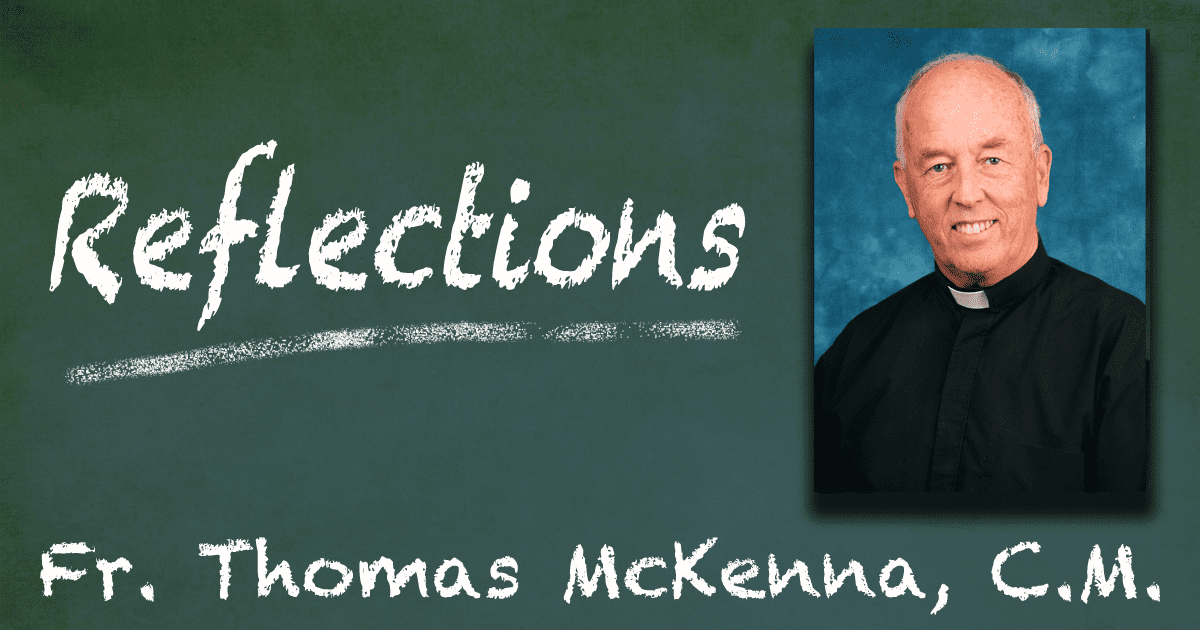The Christmas gospel from St. Luke starts out on a theme of power, the political power of an absolute ruler, Caesar Augustus. From far away Rome, he issues an order that has millions of people all over the Empire, up on their feet and moving. He wants to take a census, not so much to get an accurate headcount, but more oppressively to levy higher taxes. What a display of raw, in-your-face power — to be able to set a whole world in motion at the stroke of a pen.
But then, St. Luke tells a story about another kind of power, not of some Imperial edict, but a variety that takes the form of smallness, of insignificance, even of weakness. This is his account of this obscure couple out on a wintry night, having to shelter in a stable and there give birth to a helpless infant. The only people around are some wandering and fearful sheep-herders who live in the fields.
Yet there’s a glow to this gospel story as its writer tells it — the baby wrapped in those swaddling clothes, the parents hovering around, in the air a heavenly closeness, a radiance shining over those fields and houses, which Luke attributes to the glory (the weighty presence) of God. Light that was there from the beginning of time is once again pushing back the darkness, filling in the shadows and etching everything in a divine luster.
Luke’s intent is to contrast types of power. There’s the outward kind which rules by brute force — and an inward sort whose effectiveness comes by way of invitation, and person-to-person attraction. The one shows itself in pomp and circumstance and military might. The other appears as persuasion, appeal to generous instincts, selfless service. The first operates through intimidation, the second through love that is welcoming and inclusive.
Here Luke is placing the first props on the stage of this drama which will play out in the life of this child – using the colors and shapes of integrity, peacemaking, and compassion for people who are poor. He keeps playing on this contrast between power that is overbearing and coercive and a power which uses its energy to reconcile, to forgive, to invite in the outcast, to value the little children. He’s laying out a vision of what a world could be like were it to follow in this mode, in the footsteps of this impoverished child.
To the question where God is in life, this Gospel answers: God is right here among us, sharing our human condition, wielding a kind of power that reverses the usual sense of the word.
- It’s a self-effacing strength that heals, and coaxes life from out of the shadows.
- It’s a kind of force that sustains and emboldens us to go forward in trust, trying to build up the peaceable Kingdom, the just Kingdom, of Jesus’ dear Father.
- It’s an energy the worldwide Vincentian Family recognizes as especially present in people who are poor and in those who serve them.
This Christmas-night scene inspires us to see once again the ways in which Jesus turns the world upside down, here with society’s usual symbols of success and achievement and its standards of might and power. And as we know from “the rest of the story,” Jesus’ take on power isn’t just words, some abstract teaching. It is his life story. He isn’t just the screen writer; he’s the actor all through it. He is God close-up, God with us, Emmanuel.
Power that would not dominate, but serve…








0 Comments